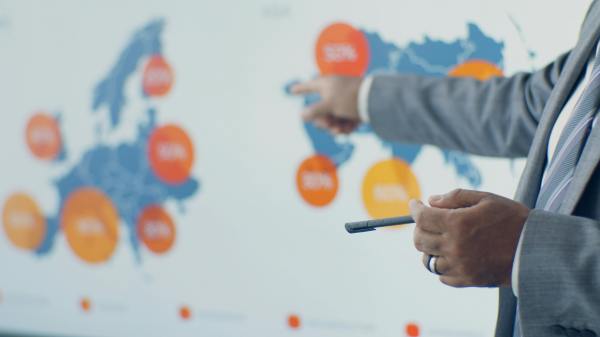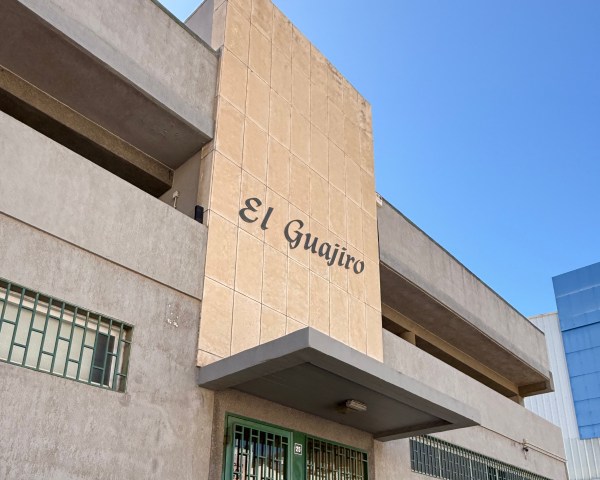The importance of digital tools
Digital tools have become such an integral part of our lives that we have developed an almost natural dependence on them. It seems we cannot live without them. Just think about what happened during a major power outage: no electricity, no network, no devices… many of us were completely disoriented.
It’s not that digital technology is bad. Quite the contrary. Information and communication technologies (ICT) and connected devices (IoT) help us enormously in our personal and professional lives. Today, leaving home without a mobile phone or working without artificial intelligence (AI) is unthinkable for many. But such usefulness comes at a cost: dependence.
That’s why, although digital tools are essential, it’s also important to know how to disconnect. Not just turning off the device, but learning to live without it, even if only for a while. Because we also need to make room for the human, the natural, the analogue and the face-to-face. And, in the event of a failure, we need to be able to respond autonomously.
I clearly remember the big blackout I experienced in New York in 2003. It was two days without electricity that paralysed an entire city. It was a transformative experience that made me reflect on our technological vulnerability. Accessing water, getting food, getting around… how would we survive without digital technology? That led me to think about the importance of having a ‘survival kit’ beyond the digital realm. Many saw it as unnecessary… until they needed it.
The emotional level
In addition to this practical vulnerability, there is the emotional level. Many people today need to disconnect because they are fed up, overwhelmed or simply for their mental health. The case of a friend of mine particularly struck me: she went on a retreat in the mountains, seven days without devices or screens. A radical exercise in introspection. She told me that the first few days she wanted to leave; every minute without connection seemed like an eternity. But from the third day onwards, she began to connect with herself. In the end, she found the experience so enriching that she plans to repeat it.
We shouldn’t have to reach the limit to disconnect. The key is moderation.
In education, for example, there are already calls to rethink the excessive use of screens. We have gone from classrooms with pencils and paper to classes where everything happens on a tablet. Perhaps the balance lies somewhere in between.
Ultimately, it is about learning to manage digital technology. It is about integrating the best of technology without giving up the human experiences that define us. As Aristotle said, virtue lies in the middle ground. Temperance — that ability to find balance between extremes — is more necessary than ever.
At Telefónica, we believe that technology makes sense when it improves people’s lives. We are committed to connections that unite, bring people closer together, and allow each person to be themselves, express themselves and share.
In a hyperconnected world, the most valuable connections are still human ones
That is why we are committed to protecting people and the planet, putting ethics at the heart of everything we do. We aspire to digitise the whole of society without leaving anyone behind, in line with the Sustainable Development Goals of the United Nations 2030 Agenda. Because only in this way, through the conscious, balanced and humane use of technology, will we build a more connected and humane future.












